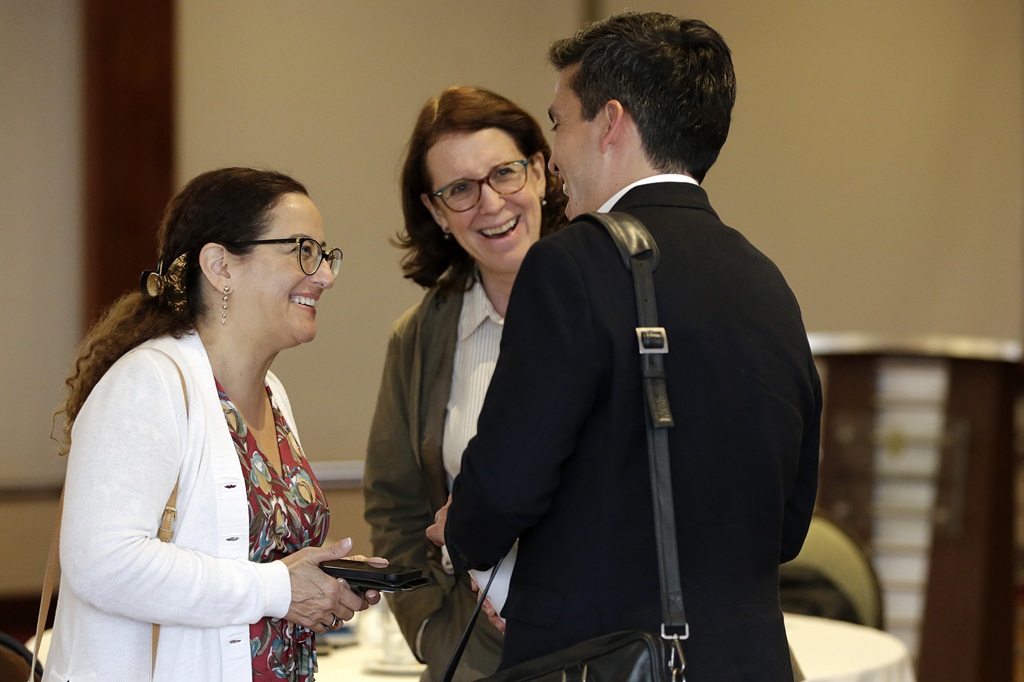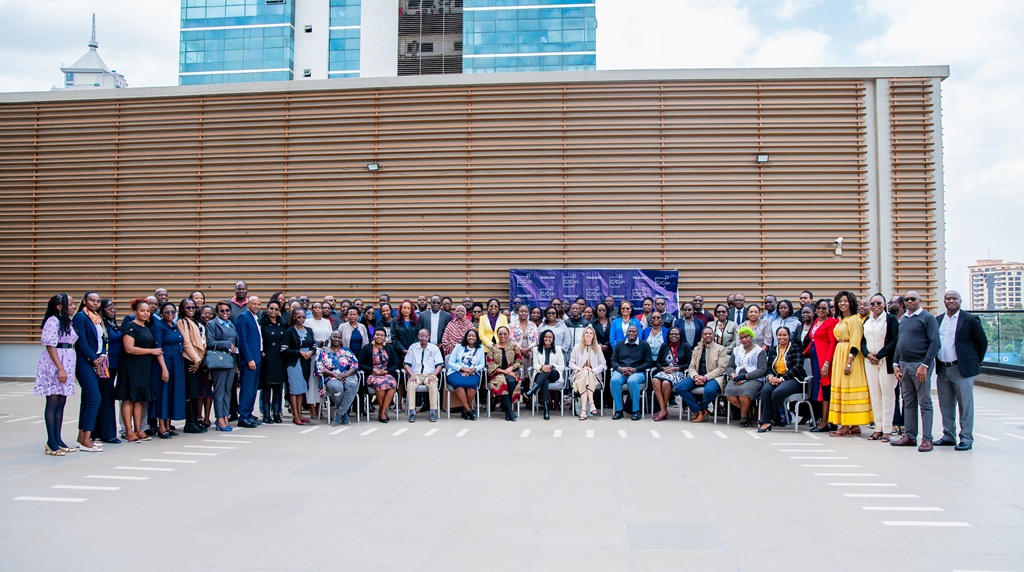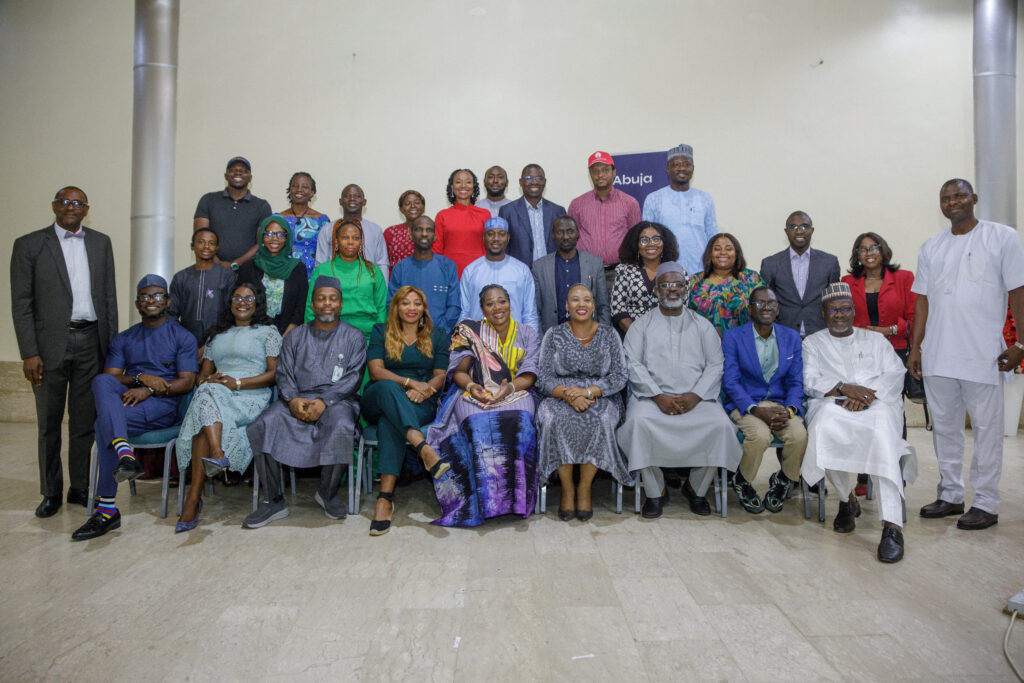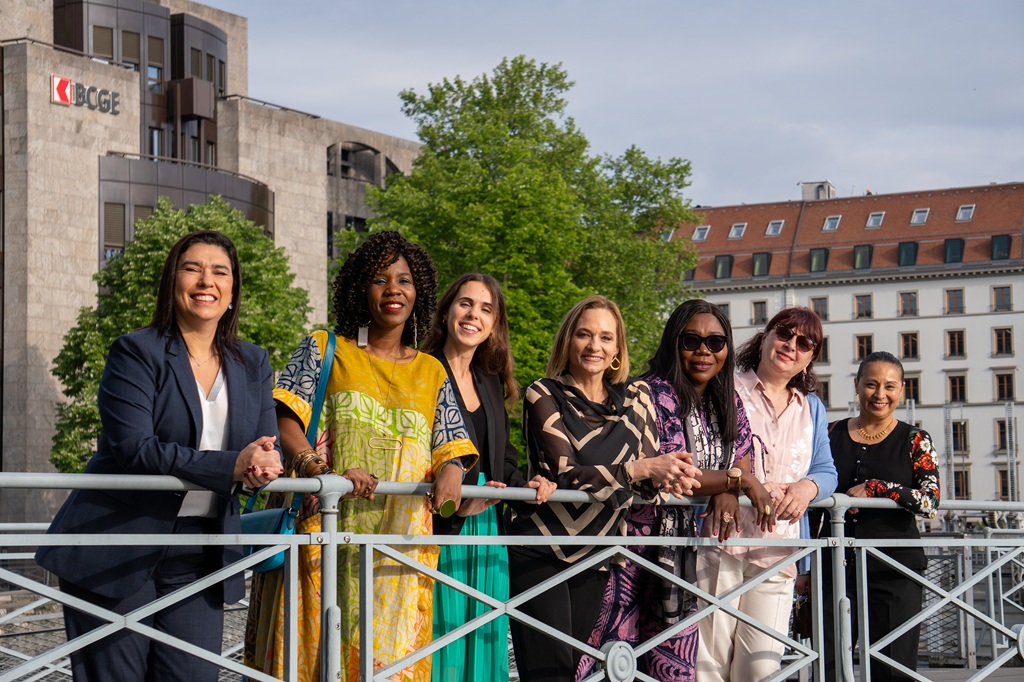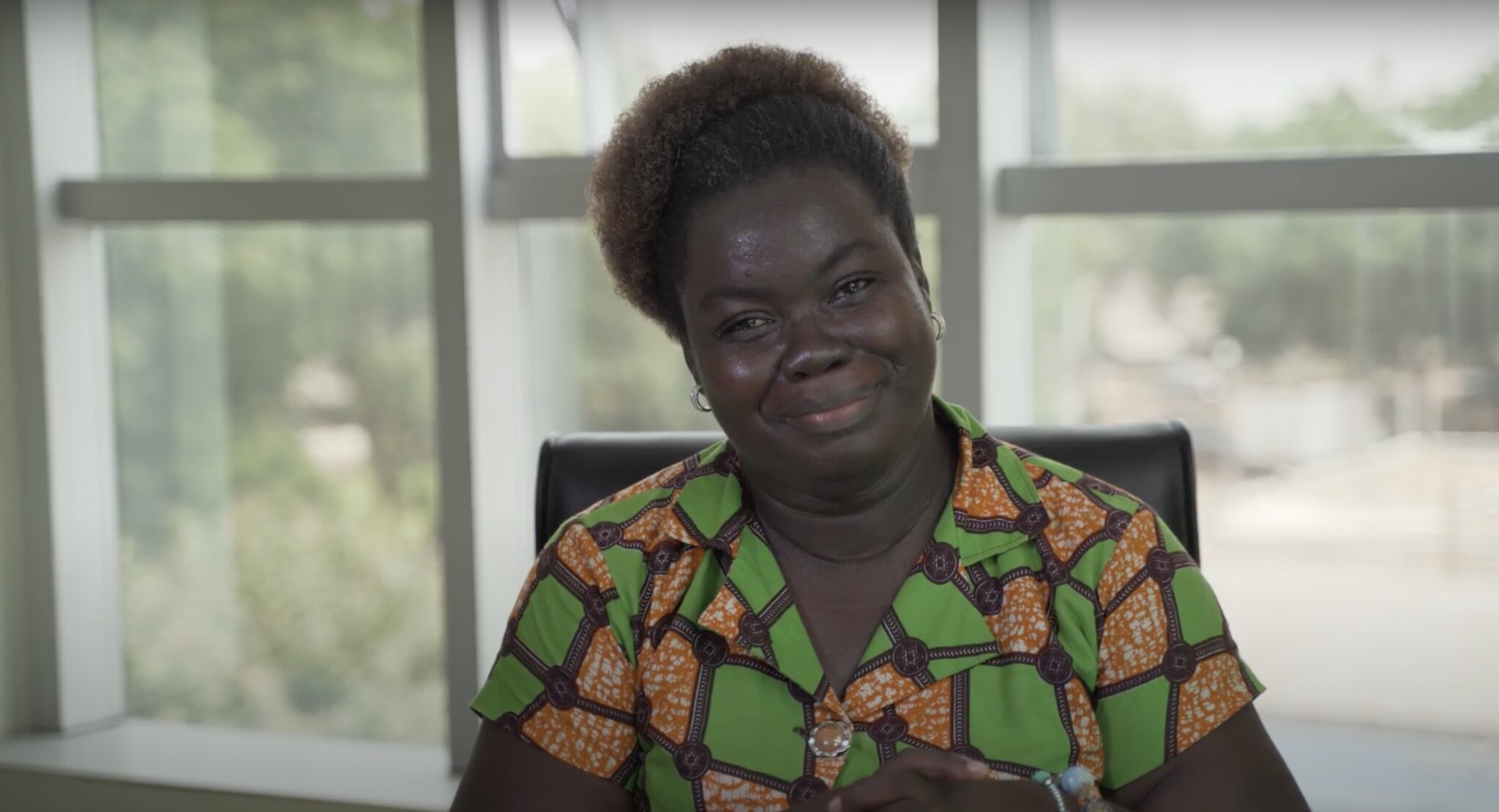
“Knowledge-sharing is critical to building the capacity of our healthcare professionals and closing the access gap in cancer care.”
Dr Efua Commeh, Non-Communicable Diseases Acting Programme Manager at the Ghana Health Service, sits down with C/Can to discuss the importance of a multi-sectoral approach to reducing her country’s cancer burden, while building the capacity of healthcare personnel. She plays a critical role in ensuring the sustainability of our projects and initiatives in Kumasi, acting as a representative for the Ministry of Health, C/Can’s implementation partner.
In your capacity as Programme Manager for the NCD Control Programme at Ghana Health Service, you work on a daily basis with a diverse range of stakeholders, from the public and private sectors, including healthcare professionals, civil society groups and patients. What makes this multi-stakeholder approach so important when it comes to driving change in public health?
It’s terribly important for us to work together. In the final analysis, public health goes way beyond the health sector; as well as the private sector, partners from civil society organisations and patient groups all contribute to providing the right solutions for the patient. Without them we will end up with a one-track solution that might work in the short term, but not in the long term. It’s very important to bring these partners around the table to get their perspective and their input, sometimes for financial support, and sometimes for their technical expertise. This is important as we seek a more holistic approach to care; it’s critical that we involve as wide a range of partners across different sectors in our day-to-day activities as health managers.
The Ghana Health Service (GHS) was established in 1996 as part of a major reform to “establish a more equitable, efficient, accessible and responsive health care system.” Could you outline some recent GHS initiatives to strengthen Ghana’s health system to achieve this aim, especially closing the access gap in cancer care?
There have been many initiatives to strengthen Ghana’s health system over the years. One of the major priorities for the GHS has been to ensure the availability of affordable cancer medication. As a result, when people cannot afford cancer medication they can get it through the National Health Insurance Scheme. That is one initiative that has strengthened the health system and is ongoing in Kumasi. Additionally, when we reviewed the national NCD policy, we earmarked sustainable funding for cancer control as a major priority, as well as building capacity in cancer care.
How would you assess the impact of C/Can and its partners?
C/Can has been helping to support capacity building by training our local cancer care professionals. Right now, teams of experts from Kumasi are preparing for a number of scientific visits to South Africa, Kenya and Algeria with the support of C/Can. At the same time, health care professionals and experts from Kumasi are taking this knowledge and sharing it locally as well. When these experts are given the opportunity to learn from other experts in different parts of the world, they can also share their perspectives locally. This knowledge sharing is critical to building the capacity of our healthcare professionals and closing the access gap in cancer care.
One of the major milestones of the C/Can city initiative in Kumasi last year was the official relaunch of the City Cancer Registry. Establishing effective mechanisms for disease surveillance is also a major objective of the GHS. Tell us about the importance of disease surveillance and a data-driven approach in Kumasi and how cities can take the lead in improving the quality of cancer data.
Disease surveillance is vital because it provides us with information and data so we can take action where and when it is needed. Ghana’s different cancer registries are making a major contribution, but currently they are operating on a stand-alone basis. We need to start a conversation about the information gap, about knowledge sharing. We need to know who is collecting data and what kind of data they are collecting. As C/Can has done in supporting the relaunch of the Kumasi City Cancer Registry, we need to empower cancer registries and build the capacity of those collecting the data to improve it, as well as how it is validated and make sure that it is fed into the health information management system on a regular basis. It’s about making sure this data is shared more widely across all levels, primary, secondary and tertiary, so we can take action in the right place at the right time .
As part of the C/Can city initiative, local stakeholders in Kumasi and international experts are currently putting the finishing touches to breast and cervical cancer management guidelines, a laboratory development plan, quality control and assurance guidelines, as well as standard operating procedures for imaging and pathology. Why are these so critical for Kumasi and how will they benefit the rest of the country?
It’s critical that as a country we streamline our care, and these documents will set a certain standard in that regard. Right now, the situation is that somebody might be using guidelines adapted from the United States, while somebody somewhere else is following procedures from Australia, and another person is using guidelines from the United Kingdom. If everybody sticks to their own protocols, then it becomes really challenging to achieve a minimum standard of care. So for Ghana, it’s important that we collect the evidence, sift through it, decide what’s relevant for our situation and resources and decide that these are guidelines for Ghana. The guidelines currently being drafted by teams in Kumasi with the support of C/Can’s expert partners will help everyone to achieve expected standards and will guide our practice in delivering cancer care. Ultimately, these standards will help improve patient outcomes in Kumasi and beyond.
